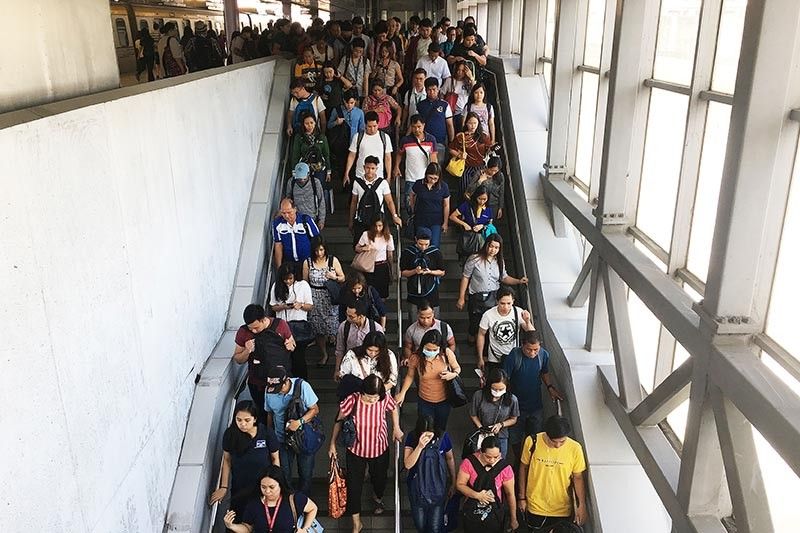Philippines 'patient zero' for disinformation — communications professor

MANILA, Philippines — The Philippines today is the "patient zero" of digital disinformation, a communications associate professor at De La Salle University warned Tuesday.
A study conducted by DLSU associate professor Jason Cabañes and his team found that the growth of disinformation operations in the Philippines, particularly those on social media, has been on an upward trend in recent years. This was because of the breadth of the creative and digital industries in the country.
"[Advertising] and PR execs who used to work in Ad and PR and are now doing disinformation work," he said over ANC's "Early Edition."
"We have really this burgeoning digital and creative industries, and so the people who lead in [these models] of disinformation are tapping into this and exploiting many of our precarious digital workers."
According to Cabañes, a three-month campaign to get a hashtag to achieve "trending" status online was a P30 million operation where "most of the money goes to the people handling the planning."
He said one worrisome trend was that the Philippines was even exporting its disinformation services to other countries. Their findings showed that these operations have begun to set up shop in countries like Cambodia and Guam.
"They are thinking of taking this global," he said.
"For example, some of them have established data analytics firms who do political insighting," he added. "On the surface it's just data analytics and insighting, but usually it becomes a one-stop-shop."
Cabañes also said that politicians "could very well" be using taxpayer money to fund these disinformation campaigns on social media, but mentioned that it was something his team had yet to confirm.
He highlighted what the study labeled the "in-house model" which he said "local but also national politicians adopted [by] making the people in their own offices do 'trolling' and disinformation" as a strict requirement alongside their regular duties.
In another model which he called the "clickbait model," he said "it wasn't politicians approaching them (creators of false content) but rather them approaching the politicians."
"Think of it as the digital version of propaganda," he added.
Online nation
We are Social and HootSuite data found that 76 million out of 107.3 million Filipinos, or 71% of the population, had access to the internet. 97% of them were on Facebook.
A separate study published by New Mandala entitled "Tracking Digital Disinformation in the 2019 Philippine Midterm Election" observed what they described as "the emergence of hyper-partisan platforms that exploit citizens’ mistrust against the political establishment in exchange for clicks."
The study in its summary also noted that digital disinformation was "[i]nfluential in shaping political conversations."
In closing, Cabañes said: "I think the more worrisome thing is that it has been outsourced to the creative and digital industries [which are] really innovating and growing really quickly."
The New Mandala study argued moving forward that the continued prevalence of digital disinformation called for more transparent and inclusive decision-making "around campaign finance regulation, platform bans, and fact checks."
- Latest
- Trending





























